Are you sure you want to leave 's MyShop site?
Are you sure you want to leave 's MyShop site?
Are you sure you want to leave 's MyShop site?
Are you sure you want to leave 's MyShop site?

Written by: Marian Alonso-Cortés (dietist-nutritionist) Publication date: July, 2023
Taking care of our skin’s health is important at all ages:
• As children, our parents protect it from the sun’s rays and keep it well moisturised.
• When we’re teenagers, the production of oil changes and cleansing our skin properly takes on a vital role.
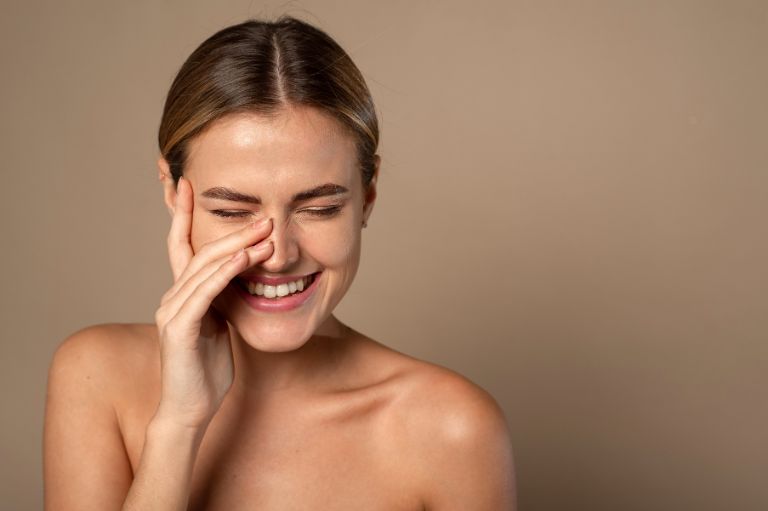
• In our older years, we are more concerned about the appearance of changes (dermatitis, red blotches, etc.) and also about fighting against the effects of ageing.
However, in order to look after our dermis correctly, we first need to know what skin type we have.
Did you know that the skin is the largest organ in our body?
It makes up almost 7% of our total body weight and measures between 1.5 and 2 square metres.
Its main function is to protect us against external agents such as bacteria, heat and the sun’s rays, but also to regulate our body temperature, eliminate impurities and act as a sensory organ (touch).
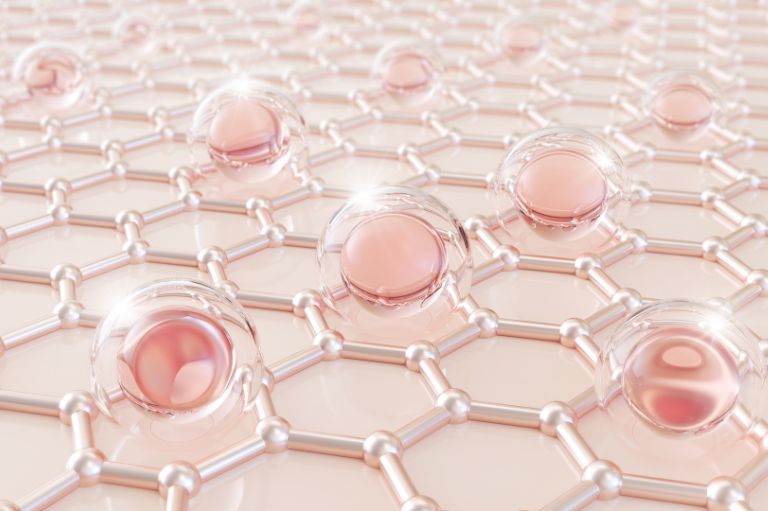
But if the skin is such an important organ, why don’t we give it the same amount of attention as other aspects of our health?
For this, we first need to get to know our skin, be aware of its characteristics so we can understand its strengths, and also its weaknesses.
The factors that specialists use to classify skin types are mainly:
• the degree of hydration,
• elasticity,
• thickness and
• sebaceous secretion.
Depending on these characteristics, the skin is defined as dry, oily, normal or combination skin.
Dry skin produces less oil and consequently retains less moisture.
Oily skin produces a larger amount of sebum (oil) and, very often, looks more “shiny”.
Normal skin has the right balance of oil and moisture.
Combination skin is a combination of the previous skin types.
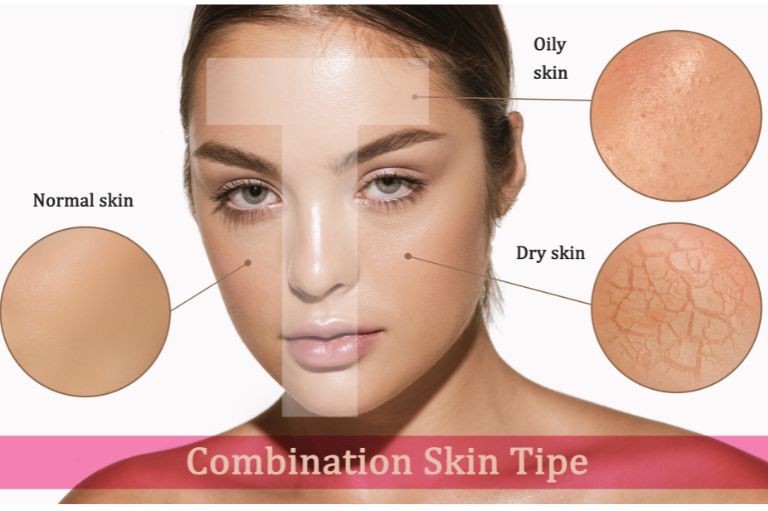
Regardless of our skin type, its condition changes over the course of our lifetime.
Age is a fundamental factor, as the structure of the skin changes over the years (as well as during the menopause), it produces less collagen and we start to see wrinkles and a loss of elasticity and moisture.
Our skin is affected by oxidative damage (excessive production of free radicals) which is caused by many factors:
• Sun
• Environmental pollution
• Tobacco
• Stress
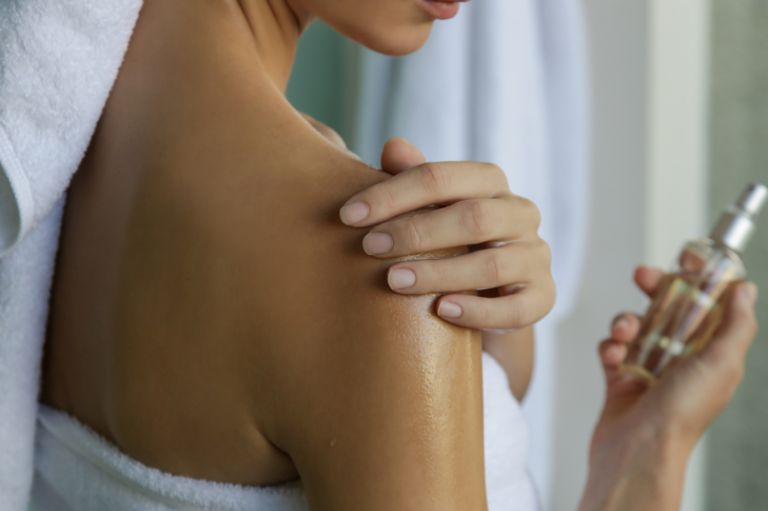
By practising good habits, we can help our body and build up its defence system against free radicals (antioxidative system):
• Sun protection: by using sun cream, wearing hats and staying out of the sun when it is at its most intense.
• By enjoying as much contact with nature as possible: avoid exposure to pollution and cigarette smoke.
• By getting enough sleep and rest.
• By drinking enough water (6-8 glasses a day).
• By eating more plant-based foods containing vitamins and minerals that work as antioxidants.
In other words, the skin needs just as much external care (UV protection, cleansing, moisturising, specific cosmetics) as internal care (enough water and nutrients).
Our skincare must be twofold, which means looking after it on the outside, and on the inside too:
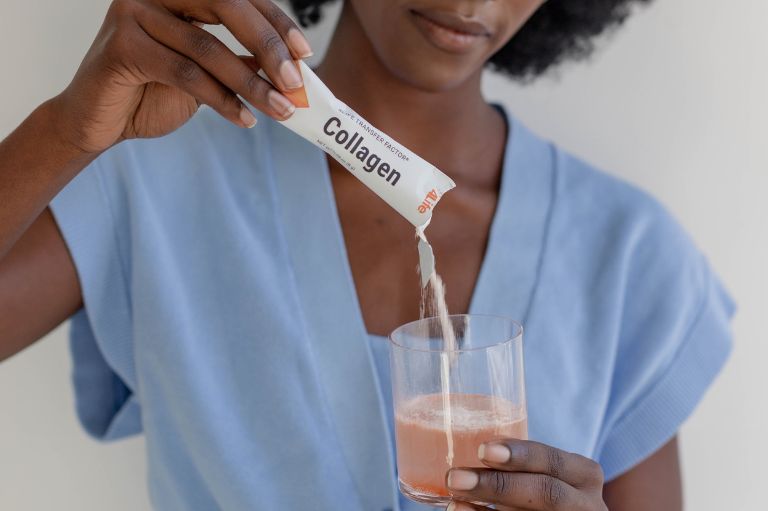
Supplements such as 4Life Transfer Factor™ Collagen, as well as boosting our diet with essential nutrients, provide specific components such as collagen (selected from 5 different sources), wheat ceramides and astaxanthin (a carotenoid extracted from one of the most concentrated natural sources, the microalga Haematococcus pluvialis).
We have already seen that collagen is extremely important for keeping our skin in good condition, but there are other factors that contribute directly to keeping our skin healthy, and these are vitamin A, vitamin C, zinc, biotin, copper and niacin.
What’s more, there are nutrients that are indirectly linked to important components of the skin, such as:
These vitamins are also found in fruits and vegetables, particularly in high-antioxidant fruits, such as blackberries, blueberries, raspberries, etc, which are very rich in vitamin C and help fight against oxidative damage.
Nevertheless, at times it’s difficult to consume the recommended dose of fruits and vegetables to reach this balance.
If you think you’re one of these people then your allies will be Transfer Factor™ RioVida™ or Transfer Factor™ Riovida Burst™, sold in a format that you can carry anywhere.
Your skin is a large canvas reflecting your life story, make sure it’s always in good condition so you can enjoy your experiences to the utmost!
You are trying to view a MyShop page. Please log out in order to view this website.